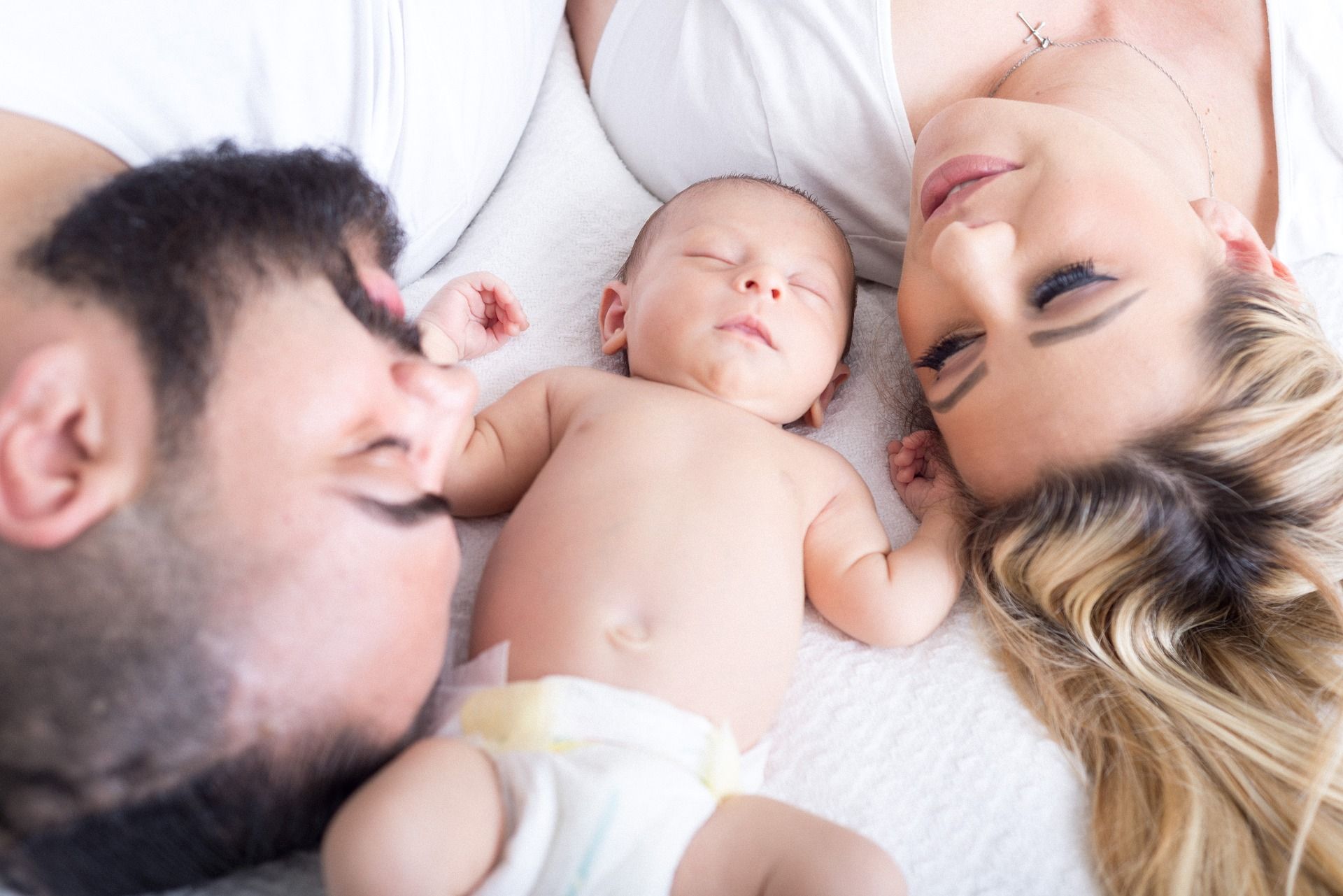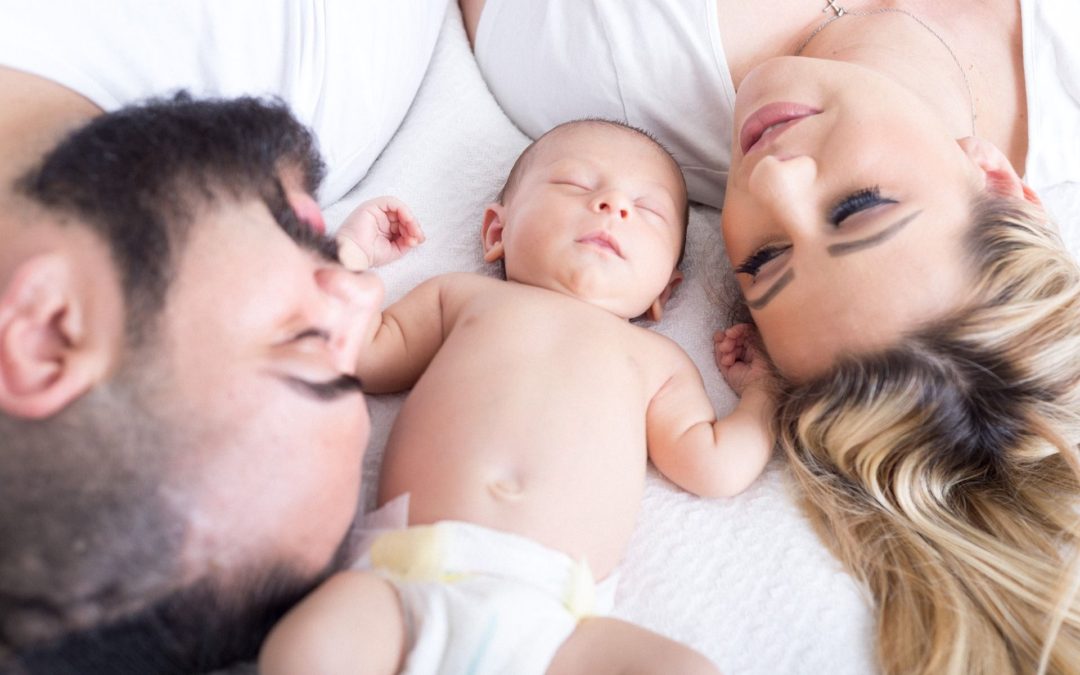
Why some children die from sudden infant death syndrome is a mystery, but now we may have taken a big step closer to an explanation. Researchers at the Children's Hospital at Westmeade in Australia have discovered that a biomarker can show which children are at risk of dying in sudden infant death.
The researchers analyzed the blood samples from 772 newborns and discovered that the children who had died in sudden infant death had lower levels of the BChE enzyme than other children.
Exactly why the enzyme is so important, the researchers are not quite sure yet, but the theory is that infants who are deficient in BChE do not wake up during respiratory arrest. Normally, the baby wakes up when the oxygen content drops and then begins to breathe. But those with a lack of the enzyme never wake up but instead die of lack of oxygen.
"This has long been suspected to be a cause, but until now we have not understood what causes some children not to wake up again. Now that we know that BChE is involved, we can begin to improve these children's chances of survival and pass on sudden infant mortality to history", says Carmel Harrington, a researcher at Children's Hospital at Westmeade and one of the researchers behind the study, in a press release.
The researchers point out that more research is needed before the link between BChE deficiency and sudden infant death can be established with certainty. The researchers will therefore continue with more studies that can take five years to complete.
But if it goes well, we can then with a regular blood test determine if a child is at risk of dying in sudden infant death and take measures to prevent it.







